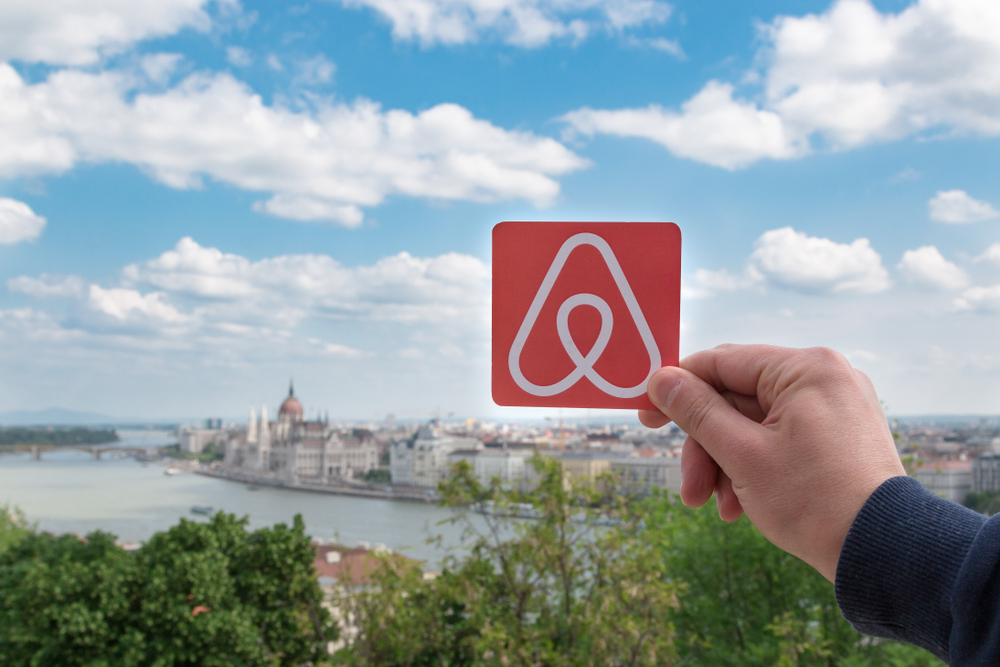Airbnb is increasingly seen as a scourge to cities around the world, providing tourists with cheap accommodations but reshaping neighborhoods, taking rentals off the market, and driving up the cost of living. However, in Hungary’s Budapest, a city notorious for its huge tourist market, the move to rein in Airbnb has apartment owners fighting back.
Balázs Schumicky, president of the Hungarian Association of Apartment Owners, said while speaking with InfoRadio that the ban on Airbnb accommodations will not solve the problems of the VI district, and these vacation rentals contribute a large amount of money to the growth of the district.
As Remix News reported earlier, the 6th district council announced in early August that it would hold a binding referendum in September on a ban on the renting of Airbnb-type accommodation. In other words, from Jan. 1, 2026, no apartments should be rented out to tourists on a short-term basis. The vote will be based on a mandate given by the Hungarian parliament in 2020, which gave municipalities the power to set the number of days a year during which accommodations can be rented out.
“But what the locals cannot decide, and the municipality does not communicate, is that hostels in apartment buildings will continue to welcome tourists regardless of the outcome of the decision,” the president of the Association of Hungarian Apartment Owners told InfoRadio.
Balázs Schumicky believes that the ban on Airbnb apartments would cause more problems than it would solve. On the one hand, the VI district would lose, according to their calculations, about HUF 1 billion (€2.54 million) in tax revenue, while, on the other hand, hostels will continue to attract “demanding, cheap party tourists” who do not respect the rules of communal living, and with the disappearance of private accommodation, this is likely to increase.
The municipality envisages that some of the disappearing Airbnb homes would also be taken over by sublets. According to the expert, the disappearance of private accommodation would not be good for condominiums either, as they could see the emergence of bad tenants or the loss of apartment renters who have a vested interest in contributing to the building’s extraordinary costs — such as a costly elevator repair — as their guests value the accommodation based on the condition of the building.
The association leader additionally reiterated that the district would sorely miss tax revenue from the end of short-term rentals.
“If we compare this with the HUF 260 million for road renovations or HUF 860 million for the running and maintenance of kindergartens, this HUF 1 billion is a very significant amount,” he said.






